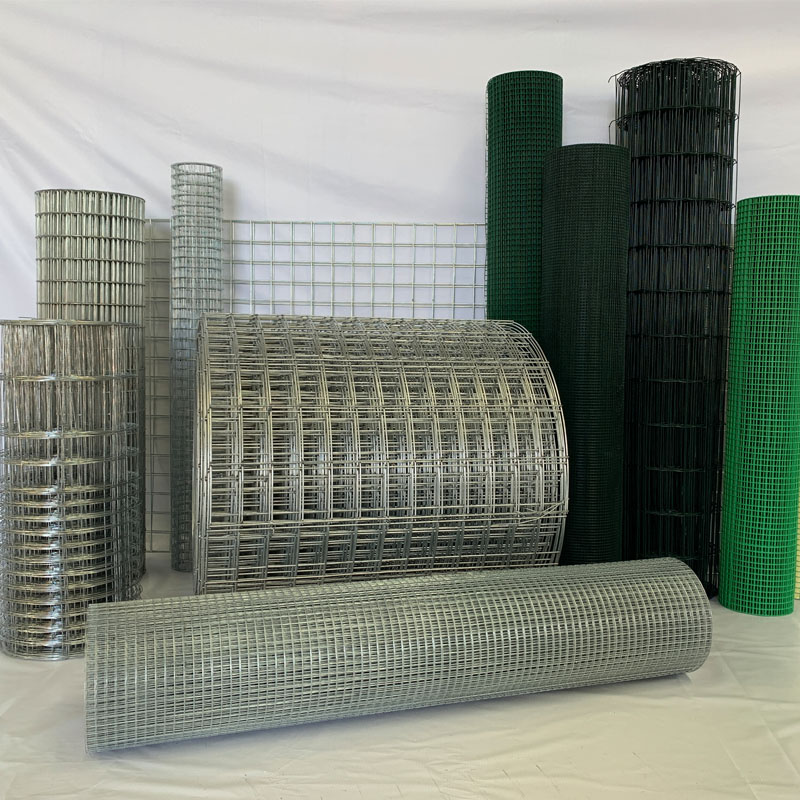buy chicken wire mesh
Buying Chicken Wire Mesh A Comprehensive Guide
When it comes to backyard poultry keeping, one of the essential materials you will need is chicken wire mesh. Whether you're building a coop, creating a run, or providing a protective barrier, chicken wire mesh is a practical solution that serves multiple purposes. But before making a purchase, there are several factors to consider to ensure that you choose the right type for your specific needs. This guide will help you navigate through the important aspects of buying chicken wire mesh.
Understanding Chicken Wire Mesh
Chicken wire, also known as poultry netting, is a type of fencing that is made of thin, flexible wire with hexagonal gaps. Originally designed to keep chickens in a designated area, it is now widely used for various purposes in gardening, landscaping, and even construction. The mesh is typically made from galvanized steel or PVC-coated wire, providing durability and resistance to rust and corrosion.
Types of Chicken Wire Mesh
1. Galvanized Chicken Wire This is the most common type of chicken wire, made from steel that has been galvanized to prevent rust. It's sturdy and ideal for outdoor use. However, it may not be as aesthetically pleasing as other options.
2. PVC-Coated Chicken Wire This type of wire mesh is coated in a layer of PVC to enhance its durability and appearance. It comes in colors such as green, black, and brown, which can blend well with natural landscapes.
3. Heavy-Duty Chicken Wire For those who have larger birds or more aggressive animals, opting for heavy-duty chicken wire mesh can provide added security. This option features thicker wire and smaller openings, which makes it more resistant to damage.
Important Considerations
When buying chicken wire mesh, consider the following factors to ensure that you select the best option for your project
1. Gauge of Wire The gauge of the wire refers to its thickness. A thicker gauge offers better strength and durability but may be more expensive. For most chicken enclosures, a 19-gauge wire is sufficient, while heavier birds might require a 16-gauge wire.
buy chicken wire mesh

2. Mesh Size The size of the openings in the mesh is crucial, especially if you want to prevent smaller animals from entering your coop or run. A mesh size of 1 inch or smaller is ideal to keep out predators and rabbits.
3. Height and Length Consider the dimensions of your project. Chicken wire comes in various heights and roll lengths. Make sure to measure your space accurately so that you purchase enough material to enclose your area effectively.
4. Installation Chicken wire is relatively easy to install, but you may need additional materials such as fence posts, staples, and a hammer or staple gun. Plan your installation carefully to ensure stability, especially in areas prone to strong winds or heavy precipitation.
Where to Buy Chicken Wire Mesh
Chicken wire mesh is widely available and can be purchased from various sources
1. Local Hardware Stores Most local retailers carry chicken wire mesh in different types, gauges, and sizes. This is a good option if you need the material immediately.
2. Farm Supply Stores These stores specialize in agricultural supplies and often have a wider selection of chicken wire and associated products.
3. Online Retailers For convenience, consider purchasing chicken wire mesh online. Websites like Amazon, Home Depot, and specialized farmers' supply sites offer various options, often with customer reviews that can help guide your decision.
4. Garden Centers Some garden supply stores also stock chicken wire for gardening applications, such as keeping pests away from vegetable patches.
Conclusion
Chicken wire mesh is an invaluable tool for any poultry keeper or gardener. By understanding the types, gauges, sizes, and installation requirements, you can make informed decisions and ensure your backyard birds are safe and secure. Whether you're building a new coop or reinforcing an existing structure, taking the time to choose the right chicken wire will pay off in the long run. Happy poultry keeping!
-
Space-Saving Chain Fence Hacks Vertical Gardening with Cyclone MeshNewsJul.16,2025
-
Innovations in Iron Nail Wire Production for Modern ConstructionNewsJul.16,2025
-
Creative Uses of Wire Netting Fence in Modern Landscape DesignNewsJul.16,2025
-
Barbed Wire Fence Innovations in Anti-Climb TechnologyNewsJul.16,2025
-
Architectural Uses of Umbrella Nails for Aesthetic Roof DesignsNewsJul.16,2025
-
Architectural Uses of Razor Barbed Wire in Secure Urban DesignNewsJul.16,2025




